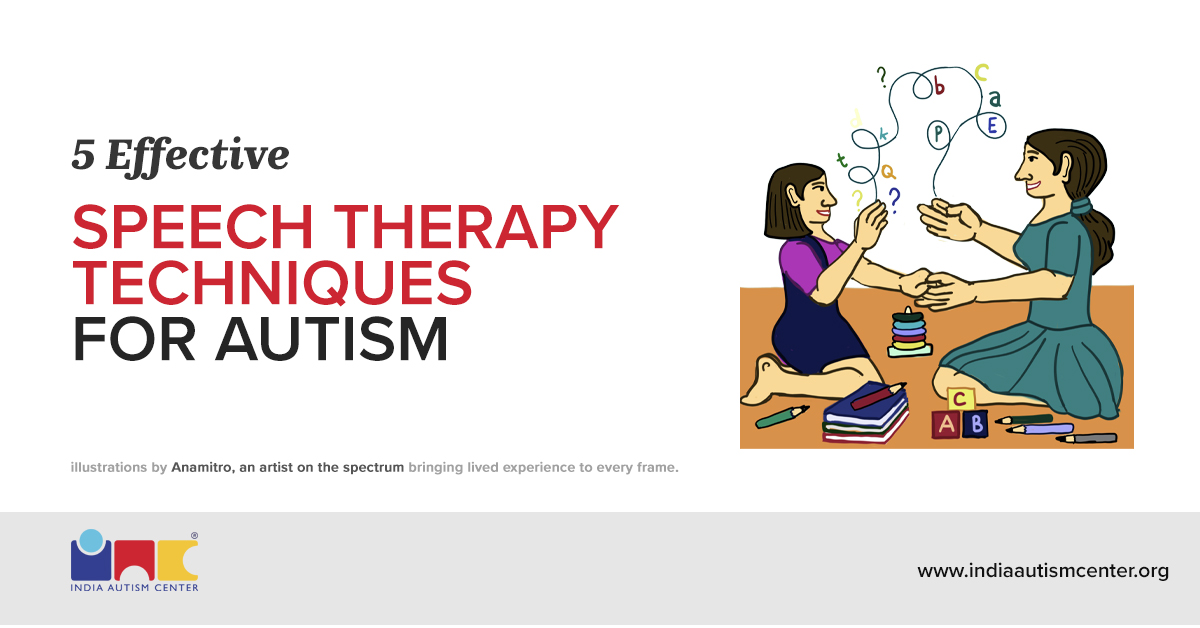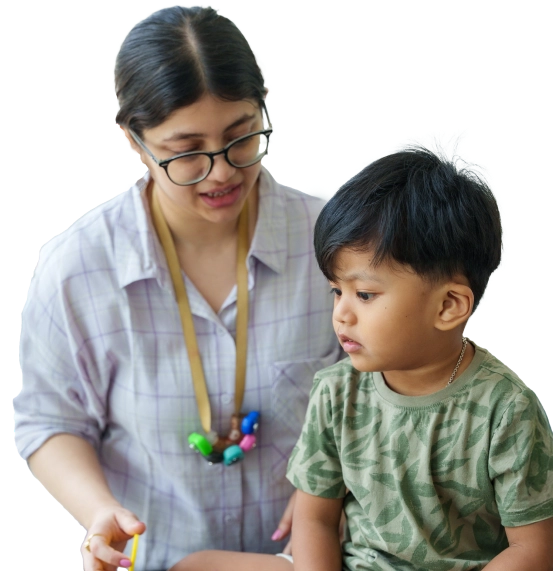Navigating through Autism during Teenage
Autism Spectrum Disorder is a neurodevelopmental disorder with a diverse group of sensory, social, emotional and communication concerns. Restrictive patterns of atypical activities and behaviors are seen in ASD, for example, difficulty with transition from one activity to another, a focus on details and unusual reactions to sensations. People with autism often have co-occurring conditions, including epilepsy, depression, anxiety and attention deficit hyperactivity disorder as well as challenging behaviors such as difficulty sleeping and self-injury. The level of intellectual functioning among autistic people varies widely, extending from profound impairment to superior levels, as per the World Health Organization.
In everyday conversations it can be challenging for individuals on the autism spectrum. In successful conversations, people tend to adjust aspects of their language to be more similar to their partners’. But teens with autism do not change their own talkativeness in response to a social partner who was more or less talkative, whereas neurotypical peers do. [1] Hence, Autism spectrum disorder being a neurodevelopmental disorder will prevail from childhood to teenage and it can be more difficult to treat in the latter years. So, for a teenager with Autism, the following shall be the symptoms:
- Lack of insight (particularly with regard to social relationships, social conventions, and sense of personal responsibility
- Discrepancy between intellectual potential and competence in self-care
- Difficulty understanding the nonverbal cues of others in a rapid, automatic fashion
- Unusual prosody (i.e., rate, rhythm and volume of speech, modulation of voice to express emotion)
- Difficulty with executive functioning: organization, goal setting, planning, initiation, decision making, etc. which adversely impacts school work
- Misinterprets others intentions
- Restricted range of interests and activities
The prevalence, intensity and frequency of the above mentioned symptoms may vary from individual to individual depending on factors like genetics, comorbidities, education, biomass Index, gender, race, ethnicity and economic background. Being a lifelong disorder, treatments and services can improve an individual with ASD for improving quality of life and harnessing their potential skills[2]. The interventions for ASD in teens, emphasize somewhat different principles, techniques, and teaching methods to foster communication and social development in adolescents and adults with ASDs. Treatment programs designed specifically for adolescents with ASD and anxiety need to be further developed, given that simple upward extensions of existing CBT programs for youth with ASD, or even CBT programs designed for atypically developing teens, may not be sufficient. There is not one “best” approach for all individuals. Instead, there are profiles of individuals with ASDs who are likely to benefit most from each intervention, as guided by their individual case history. Early and intensive structured intervention and a collaborative multidisciplinary approach that works in home, educational, and community settings, appear to be critical features of effective treatment. Also emphasized is the importance of addressing the core impairments of social interaction and communication.[3]






